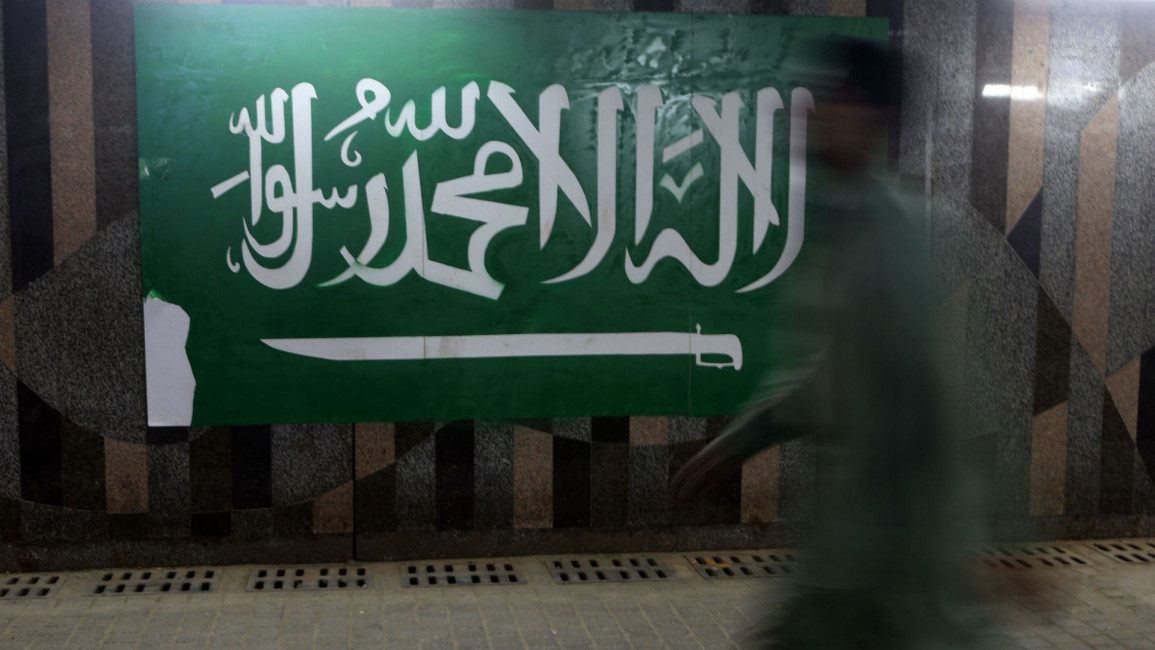Saudi brothers held in Egypt 'over illegal organ trade'
Abdul Ilah al-Shabrami, 37, said he was accompanying his brother Abdullah to have a kidney transplant in the Egyptian capital, the Saudi Gazette reported.
"The operation was successful and my brother was recuperating," he added.
The pair's fate took a twist when Egyptian security services stormed their apartment and arrested them for colluding with organ traffickers.
According to al-Shabrami, his brother was held in a government hospital where he was handcuffed to a bed. He added that 60,000 Egyptian pounds [$3,170] was presented for his brother's release from the medical facility.
"I tried to travel home but discovered that I was blacklisted, prevented from travelling and listed as 'wanted' by the security agencies," he said.
Al-Shabrami says he was later approached by Egyptian police who demanded another 60,000 Egyptian pounds in bail money for his brother's release.
The travel ban on al-Shabrami's sick brother remains in place, despite the Saudi embassy in Cairo having promised several times to resolve the matter, al-Shabrami said.
Kidney purchases are illegal in Egypt, while paying for transplant procedures is not, thus allowing the country's illegal trade to thrive.
According to a report published by the British Journal of Criminology last year, a kidney on Egypt's black market can fetch up to $100,000.
These illegal organs are often obtained from migrants who are trafficked into the country and are desperate to pay their way onto their next destination.



